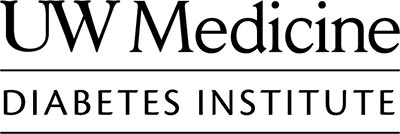Carlos Campos, PhD
Email: camposca@uw.edu
- Assistant Professor of Medicine, Division of Metabolism, Endocrinology and Nutrition
- Division of Metabolism, Endocrinology and Nutrition
- UW Diabetes Research Center
- UW Nutrition Obesity Research Center
- Center for Neurobiology of Addiction, Pain & Emotion
Carlos Arturo Campos received his PhD in Neuroscience from Washington State University in 2014, where he studied gut-brain mechanisms of appetite control with Dr. Robert Ritter. He then completed a postdoctoral fellowship with Drs. Richard Palmiter and Michael Schwartz at the University of Washington, using mouse transgenic and viral approaches to investigate genetically defined brain pathways involved in feeding behavior, learning, and memory. This research led to several breakthroughs, including the discovery of a brain locus that transduces visceral sensations into emotions, and the identification of a neural pathway that mediates cancer-induced loss of appetite and malaise.
Research Interests
Our lab uses predictive modeling to understand the interplay between physiological and environmental factors that drive behavior. While we focus on understanding neural mechanisms that control appetite and regulate energy balance using animal models, we actively develop general purpose solutions for tracking and analyzing behavior from video. This interdisciplinary approach is made possible through collaboration with colleagues in medicine, bioengineering, and computer science. Please reach out by email or our lab website to learn more about our research and tools that we are open sourcing.

